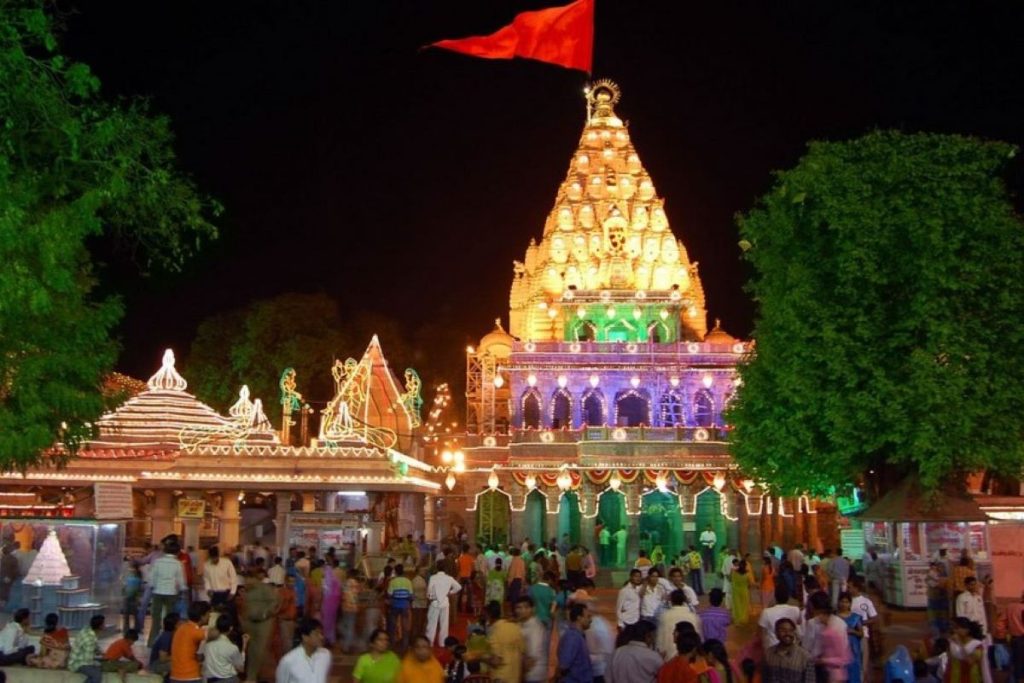Religious travel is a significant aspect of tourism in India, but overcrowding at key religious destinations often leads to dangerous situations such as stampedes. In an effort to address this issue, Uttarakhand has implemented a tourist registration system for pilgrimage to certain temples, and now Madhya Pradesh is considering following suit for its top tourist destinations, including the Mahakaleshwar Temple in Ujjain. The aim is to cap the number of tourists according to infrastructure capabilities to provide visitors with a good experience, although details are still being finalized.
Madhya Pradesh has seen a tourism boom, with over 112 million tourists visiting in 2023, surpassing pre-Covid levels by nearly 230%. Nearly 50% of these tourists visited Ujjain for its religious significance, with Maihar and Omkareshwar also popular destinations. Across India, places of religious significance are often visited by large numbers of people, especially during festivals and religious events, leading to overcrowding and overtourism. This has prompted the state to explore measures such as mandatory registration of tourists for these destinations to manage the influx of visitors.
Religious travel in India is a lucrative industry, with over 1.4 billion tourists visiting religious sites in 2022, earning over $16 billion. After the revamp of Ayodhya and the controversial Hindu temple opening, the city saw over 11 million tourists in the first two months, with an estimated annual visitor count of over 50 million. Varanasi also received a significant upgrade with the Kashi-Vishwanath corridor, attracting a cumulative 130 million tourists in 2022 and 2023. These numbers highlight the importance of religious travel in India and the need for better management of tourist influx at these sites.
MakeMyTrip, India’s largest online travel company, has introduced new features for train bookings to enhance passenger experience. These include a seat lock feature, allowing passengers to secure a confirmed ticket by paying a quarter of the fee at the time of booking, and connected travel, which helps travelers combine bus and train journeys to provide more options. Other features include route extension assistance, nearby stations recommendations, free cancellation, food in train, and train tracking and platform locator, catering to the entire train travel experience.
Cygnett Hotels and Resorts plans to open 15 hotels with 1,200 keys over the next year, expanding their presence in India and Nepal. With 10 properties currently under development and in the pre-opening stage, the company aims to increase the number of operational properties to 33 by the end of 2024. The focus is on expanding in northern and northeastern regions of India to cater to the growing demand for hospitality services. The company’s growth trajectory positions it as a key player in the hotel industry.
The demand for bus tickets in Delhi has surged by 55%, attributed to the summer vacations in the Indian capital city. Private bus operators are running more than 1,400 daily services to cater to the increased demand, with nearby destinations such as Manali, Kasol, and Shimla witnessing significant interest for bus travel. This trend highlights the importance of bus travel in meeting the needs of leisure travelers during peak periods, as more Indians are indulging in travel for relaxation and exploration.















